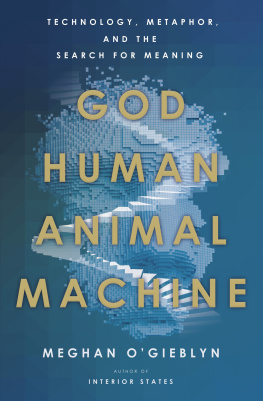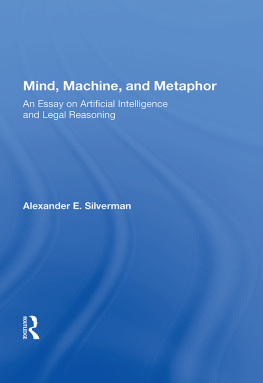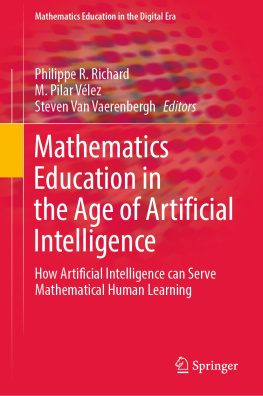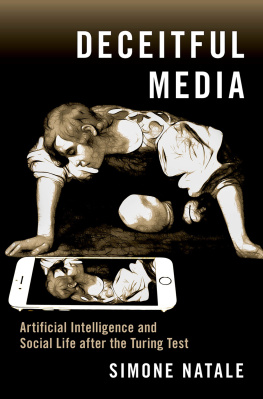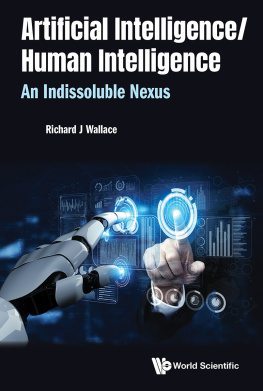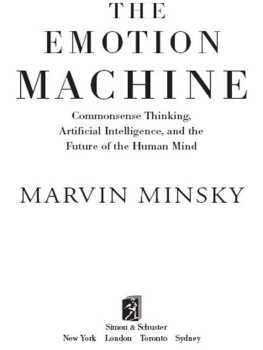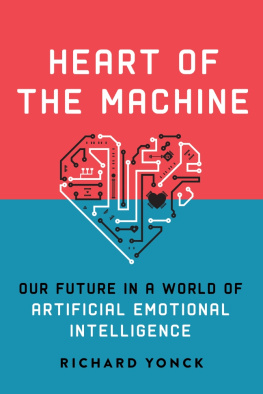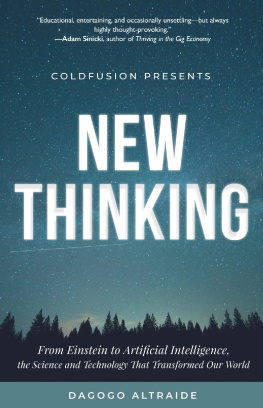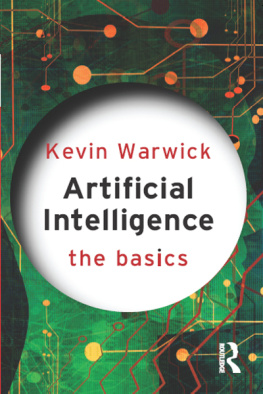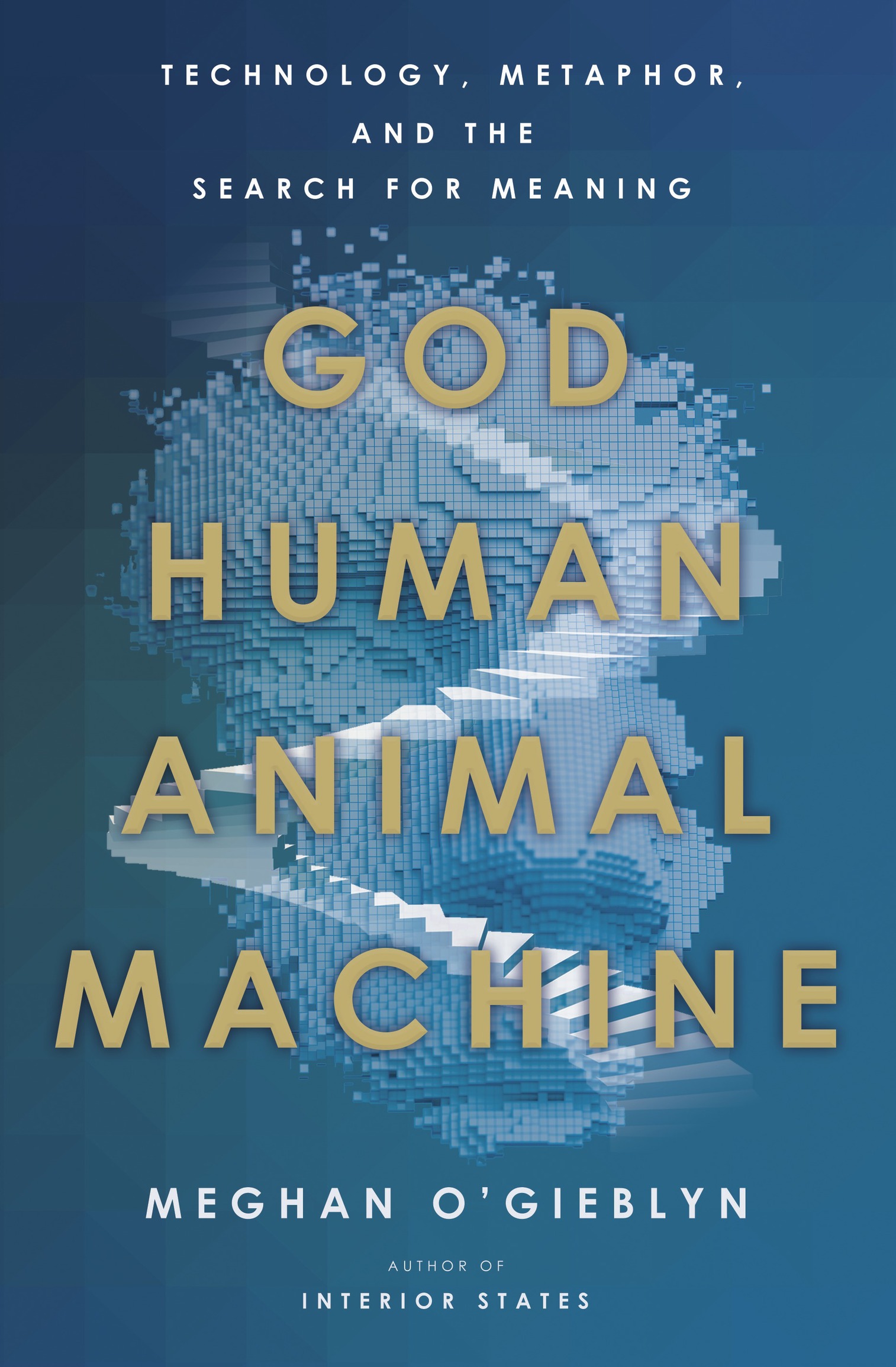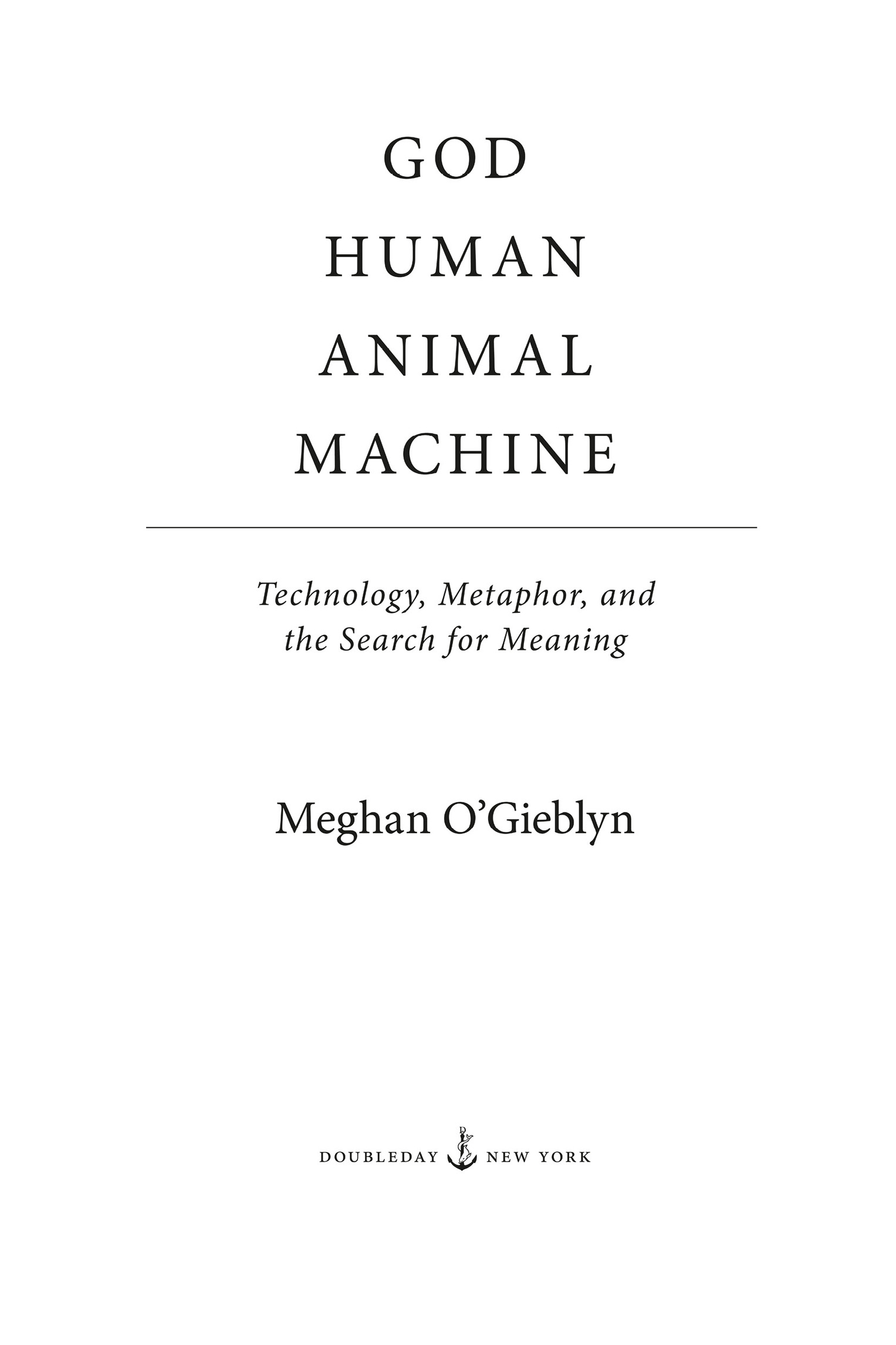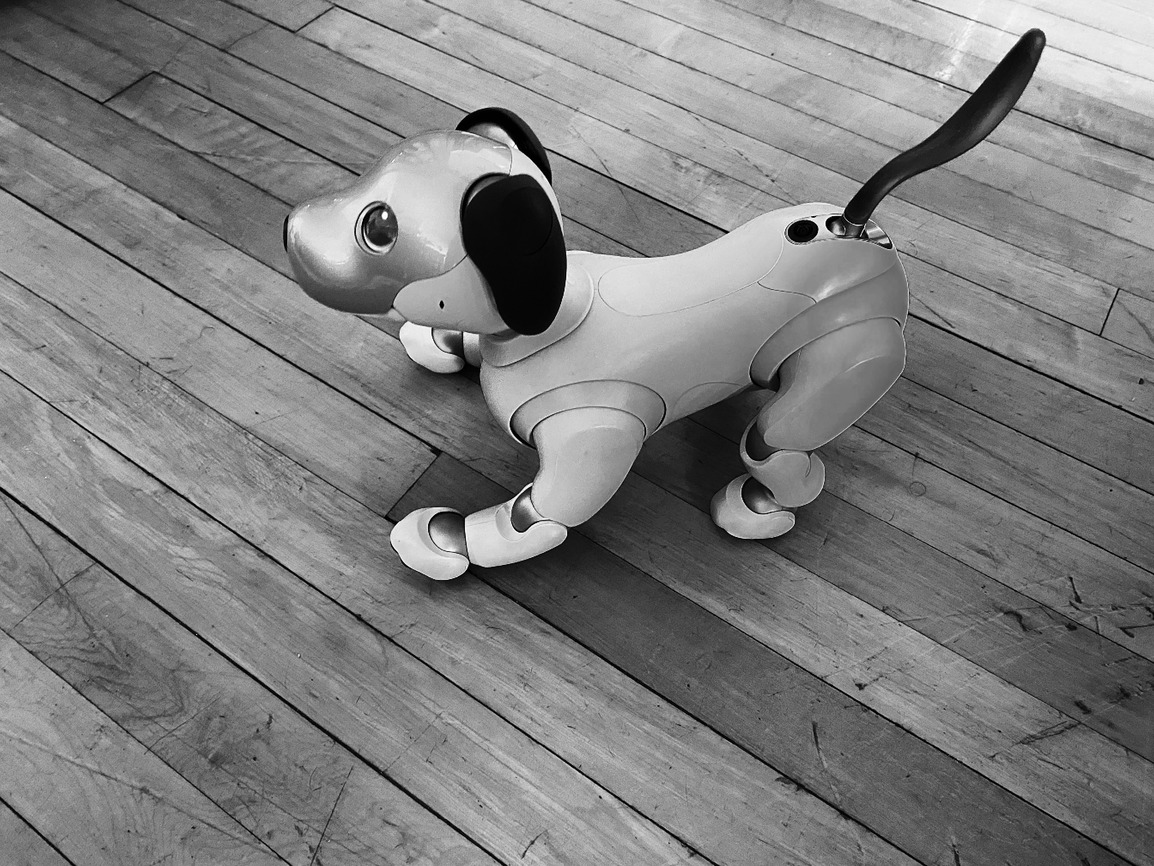All rights reserved. Published in the United States by Doubleday, a division of Penguin Random House LLC, New York, and distributed in Canada by Penguin Random House Canada Limited, Toronto.
DOUBLEDAY and the portrayal of an anchor with a dolphin are registered trademarks of Penguin Random House LLC.
Cover images: (face) VAlex; (stairs) Edilus; (background) s_maria; all Shutterstock
Cover design Michael J. Windsor
Names: OGieblyn, Meghan, - author.
Title: God, human, animal, machine : technology, metaphor, and the search for meaning / Meghan OGieblyn.
Description: First edition. | New York : Doubleday, [2021] | Includes bibliographical references.
Identifiers: LCCN 2020047597 (print) | LCCN 2020047598 (ebook) | ISBN 9780385543828 (hardcover) | ISBN 9780385543835 (ebook)
Subjects: LCSH: Humanity. | LCGFT: Essays.
Classification: LCC PS3615.G54 G63 2021 (print) | LCC PS3615.G54 (ebook) | DDC 814/.6dc23
One of the most misleading representational techniques in our language is the use of the word I.
1
The package arrived on a Thursday. I came home from a walk and found it sitting near the mailboxes in the front hall of my building, a box so large and imposing I was embarrassed to discover my name on the label. On the return portion, an unfamiliar address. I stood there for a long time staring at it, deliberating, as though there were anything else to do but the obvious thing. It took all my strength to drag it up the stairs. I paused once on the landing, considered abandoning it there, then continued hauling it up to my apartment on the third floor, where I used my keys to cut it open. Inside the box was a smaller box, and inside the smaller box, beneath lavish folds of bubble wrap, was a sleek plastic pod. I opened the clasp: inside, lying prone, was a small white dog.
I could not believe it. How long had it been since Id submitted the request on Sonys website? Id explained that I was a journalist who wrote about technologythis was tangentially trueand while I could not afford the Aibos $3,000 price tag, I was eager to interact with it for research. I added, risking sentimentality, that my husband and I had always wanted a dog, but we lived in a building that did not permit pets. It seemed unlikely that anyone was actually reading these inquiries. Before submitting the electronic form, I was made to confirm that I myself was not a robot.
The dog was heavier than it looked. I lifted it out of the pod, placed it on the floor, and found the tiny power button on the back of its neck. The limbs came to life first. It stood, stretched, and yawned. Its eyes blinked openpixelated, blueand looked into mine. He shook his head, as though sloughing off a long sleep, then crouched, shoving his hindquarters in the air, and barked. I tentatively scratched his forehead. His ears lifted, his pupils dilated, and he cocked his head, leaning into my hand. When I stopped, he nuzzled my palm, urging me to go on.
I had not expected him to be so lifelike. The videos Id watched online had not accounted for this responsiveness, an eagerness for touch that I had only ever witnessed in living things. When I petted him across the long sensor strip of his back, I could feel a gentle mechanical purr beneath the surface. I thought of the horse Martin Buber once wrote about visiting as a child on his grandparents estate, his recollection of the element of vitality as he petted the horses mane and the feeling that he was in the presence of something completely othersomething that was not I, was certainly not akin to mebut that was drawing him into dialogue with it. Such experiences with animals, he believed, approached the threshold of mutuality.
I spent the afternoon reading the instruction booklet while Aibo wandered around the apartment, occasionally circling back and urging me to play. He came with a pink ball that he nosed around the living room, and when I threw it, he would run to retrieve it. Aibo had sensors all over his body, so he knew when he was being petted, plus cameras that helped him learn and navigate the layout of the apartment, and microphones that let him hear voice commands. This sensory input was then processed by facial recognition software and deep-learning algorithms that allowed the dog to interpret vocal commands, differentiate between members of the household, and adapt to the temperament of its owners. According to the product website, all of this meant that the dog had real emotions and instincta claim that was apparently too ontologically thorny to have flagged the censure of the Federal Trade Commission.
Descartes believed that all animals were machines. Their bodies were governed by the same laws as inanimate matter; their muscles and tendons were like engines and springs. In Discourse on Method, he argues that it would be possible to create a mechanical monkey that could pass as a real, biological monkey. If any such machine had the organs and outward shape of a monkey, he writes, or of some other animal that lacks reason, we should have no means of knowing that they did not possess entirely the same nature as these animals.
He insisted that the same feat would not work with humans. A machine might fool us into thinking it was an animal, but a humanoid automaton could never fool us, because it would clearly lack reasonan immaterial quality he believed stemmed from the soul. For centuries the soul was believed to be the seat of consciousness, the part of us that is capable of self-awareness and higher thought. Descartes described the soul as something extremely rare and subtle like a wind, a flame, or an ether. In Greek and in Hebrew, the word means breath, an allusion perhaps to the many creation myths that imagine the gods breathing life into the first human. Its no wonder weve come to see the mind as elusive: it was staked on something so insubstantial.
It is meaningless to speak of the soul in the twenty-first century (it is treacherous even to speak of the self). It has become a dead metaphor, one of those words that survive in language long after a culture has lost faith in the concept, like an empty carapace that remains intact years after its animating organism has died. The soul is something you can sell, if you are willing to demean yourself in some way for profit or fame, or bare by disclosing an intimate facet of your life. It can be crushed by tedious jobs, depressing landscapes, and awful music. All of this is voiced unthinkingly by people who believe, if pressed, that human life is animated by nothing more mystical or supernatural than the firing of neuronsthough I wonder sometimes why we have not yet discovered a more apt replacement, whether the words persistence betrays a deeper reluctance.

